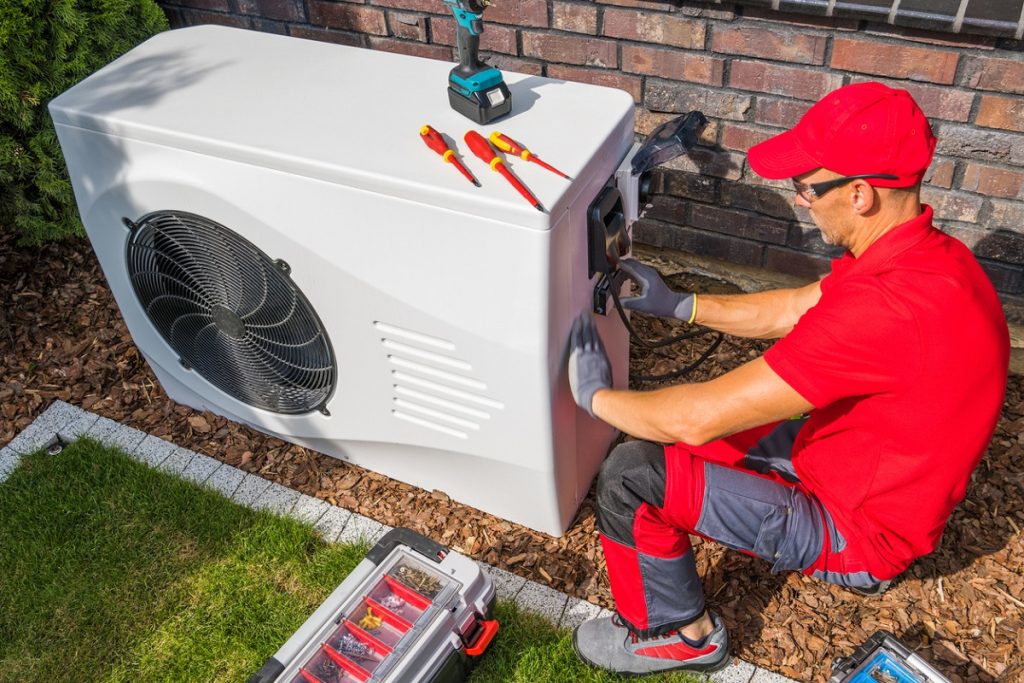During the summer months, central heat pumps are functionally identical to air conditioners. In winter, their reversing valves switch the flow of coolant to provide steady indoor heating. In the right conditions, heat pumps are the most efficient HVAC equipment homeowners can invest in. But when outdoor temperatures drop too low, their efficiency declines. Read on to discover the benefits and drawbacks of having a heat pump.
Pro: Heat Pumps Produce More Heating and Cooling Energy Than They Consume
At times, heat pumps can produce more heating and cooling energy than they consume in electric energy. If you’re looking for an easy way to reduce your utility bills, installing a heat pump could be it.
Pro: Heat Pumps Can Do It All
In addition to both heating and cooling homes, heat pumps regulate indoor humidity and filter the air. When well-maintained, a heat pump can help you enjoy consistently high indoor air quality (IAQ), fresh-smelling indoor air, and limited risk of moisture-related problems like mildew and mold.
Con: Heat Pumps Can Be Costly
The upfront cost of a heat pump is often significantly higher than the cost of a central AC. However, given that a heat pump can double as a heater, heat pumps are cheaper than the combined costs of furnaces and air conditioners.
Pro: Heat Pumps Eliminate the Need for Separate Heating and Cooling
With a heat pump, you’ll have less HVAC equipment to maintain. You’ll also have less equipment to store. This can free up additional space in the interior of your home while additionally limiting your HVAC maintenance. However, when used year-round, heat pumps require professional service twice annually.
Con: Heat Pumps Can Struggle in Exceedingly Cold Weather
Standard heat pumps are best suited to regions with only moderately cold winter temperatures. When temperatures fall below 40 degrees Fahrenheit, these systems increasingly lose efficiency. They often struggle to source sufficient heat from the outdoor air and may experience freezing at their outdoor coils. Fortunately, this isn’t an issue in warmer climes. It can also be easily resolved by opting for a high-performance or low-ambient heat pump.
Pro: Heat Pumps Are Environmentally Friendly
The latest heat pump models use new, eco-friendly Opteon refrigerants. Unlike Freon (R-22) and Puron (R-410a), Opteon doesn’t contain ozone-depleting hydrochlorofluorocarbons (HCFCs) or hydrofluorocarbons (HFCs). According to the United States Energy Information Administration (EIA), heat pumps are invaluable tools in achieving ambitious, emissions-reduction goals.
The right heat pumps can work well in all climates. Heat pumps heat and cool homes while using far less energy than their alternatives. They also use modern, eco-friendly refrigerants. If you’re interested in experiencing the benefits of heat pumps in College Station, TX, get in touch with Cover HVAC today.




